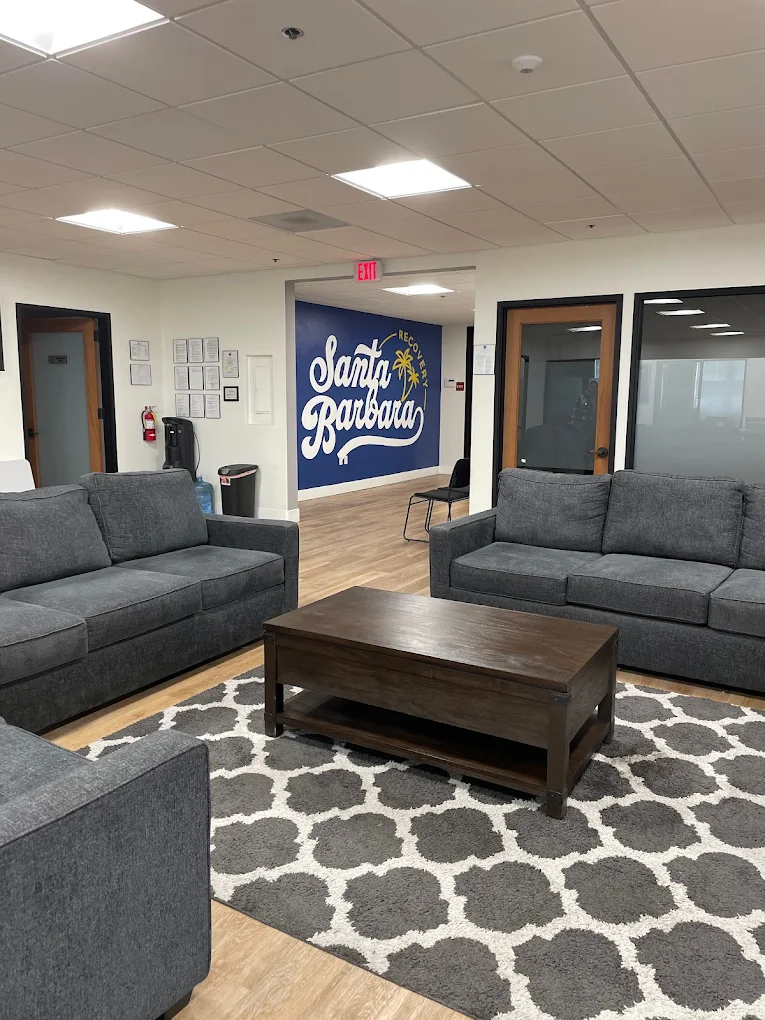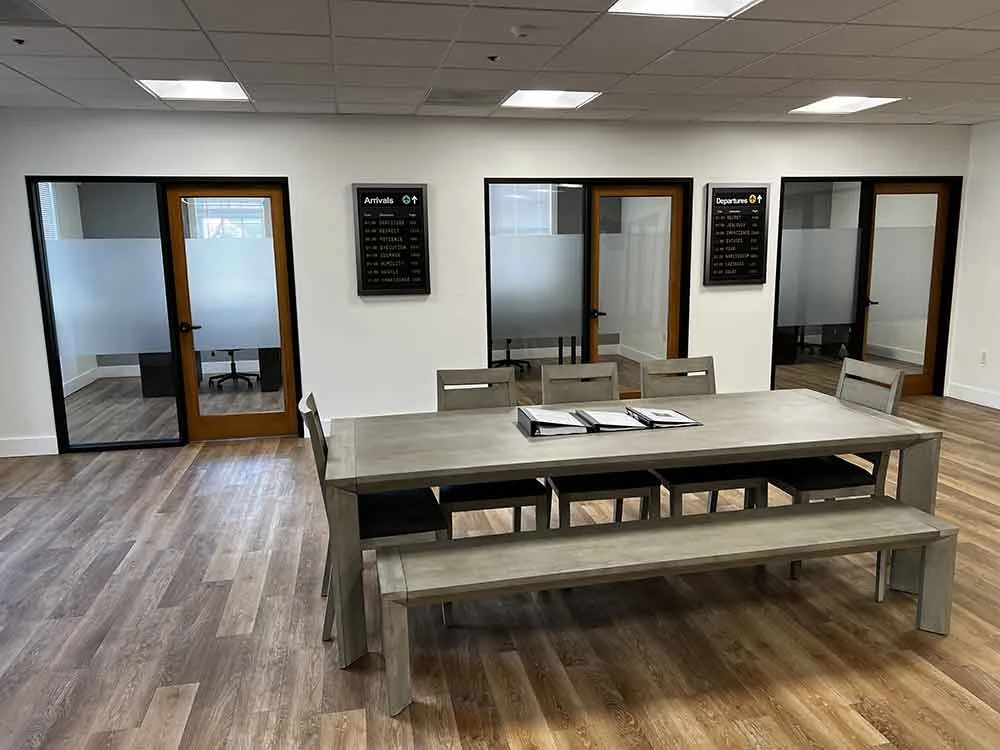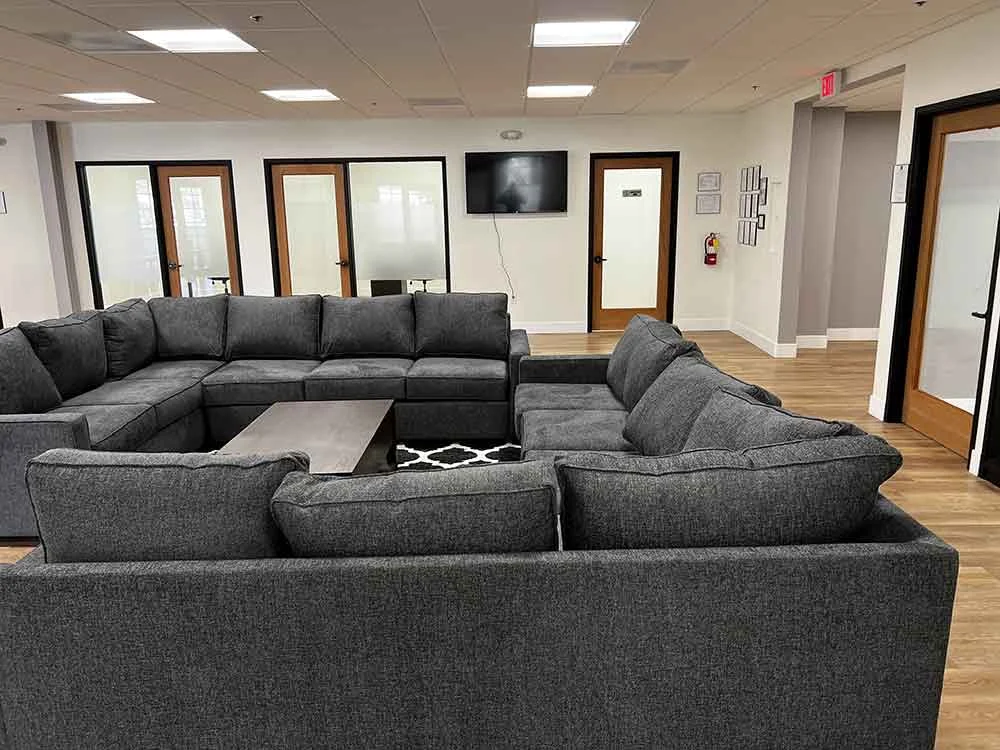At Santa Barbara Recovery, we understand that the journey to lasting recovery is not always easy. That’s why we place a strong emphasis on aftercare, which is the ongoing support and resources that individuals in recovery can access after completing a treatment program. In this article, we’ll explore why aftercare is essential for maintaining long-term recovery from substance abuse.
What is Aftercare?
Aftercare refers to the ongoing support and resources that individuals in recovery can access after completing a treatment program. This can include a range of services, such as therapy, peer support groups, sober living arrangements, and more. The goal of aftercare is to provide ongoing support and guidance to help individuals maintain their sobriety and continue to work towards their recovery goals.
There are several reasons why aftercare is essential for maintaining long-term recovery from substance abuse:
1. It helps to prevent relapse : One of the biggest challenges in recovery is avoiding relapse, and aftercare can provide the ongoing support and resources needed to maintain sobriety.
2. It helps to address underlying issues : Substance abuse is often a symptom of deeper underlying issues, such as trauma or mental health conditions. Aftercare can help individuals continue to work on addressing and resolving these issues.
3. It provides a support network : Aftercare can provide individuals in recovery with a supportive network of peers and professionals who can provide guidance and encouragement.
4. It helps to build a healthy lifestyle : Aftercare can help individuals in recovery build a healthy lifestyle that supports their recovery, including developing healthy habits and routines.
What Does Aftercare Look Like?
Aftercare can take many different forms, depending on the individual’s needs and preferences. Some common forms of aftercare include:
1. Therapy : Aftercare can involve continuing to attend therapy sessions with a mental health professional. This can help individuals continue to work on resolving underlying issues and building coping skills.
2. Peer support groups : Joining a peer support group can provide a sense of community and support from others who are also in recovery.
3. Sober living arrangements : For some individuals, living in a sober living environment can provide a structured and supportive environment that helps to maintain sobriety.
4. Recovery coaching : Recovery coaching can provide one-on-one support and guidance to help individuals achieve their recovery goals.
Why is Dual Diagnosis Treatment Important?
There are several reasons why dual diagnosis treatment is important:
1. Substance abuse and mental health conditions often exacerbate each other : If only one of the conditions is treated, the other may continue to worsen.
2. Dual-diagnosis treatment can improve outcomes : Studies have shown that individuals who receive dual-diagnosis treatment have better outcomes than those who receive treatment for just one of the conditions.
3. It can address the root causes of substance abuse : By addressing the underlying mental health condition, dual diagnosis treatment can help to address the root causes of substance abuse and prevent relapse.
4. It can improve the overall quality of life : By addressing both substance abuse and mental health condition, dual diagnosis treatment can improve the overall quality of life and well-being.
How Does Dual Diagnosis Treatment Work?
Dual diagnosis treatment may involve a range of treatment modalities, such as:
1. Therapy : Therapy can help individuals work on resolving underlying issues and developing healthy coping skills.
2. Medication : Medication may be used to treat mental health conditions and reduce the risk of relapse.
3. Support groups : Support groups can provide a sense of community and support from others who are also in recovery.
4. Holistic treatments : Holistic treatments, such as yoga or meditation, can help to address the physical, mental, and spiritual aspects of recovery.
Benefits of Aftercare
There are many benefits to participating in aftercare, including:
1. Reduced risk of relapse : By providing ongoing support and resources, aftercare can help to reduce the risk of relapse.
2. Improved mental health : Aftercare can help individuals continue to work on resolving underlying issues and improving their mental health.
3. Greater success in achieving recovery goals : Aftercare can provide the support and guidance needed to achieve long-term recovery goals.
4. Increased sense of community : Participating in aftercare can provide a sense of community and connection with others in recovery.
Conclusion :
Aftercare is an essential component of lasting recovery from substance abuse. At Santa Barbara Recovery, we offer a range of aftercare services to help our clients maintain their sobriety and continue to work towards their recovery goals. If you or a loved one is seeking help for substance abuse, consider the benefits of our aftercare program.













